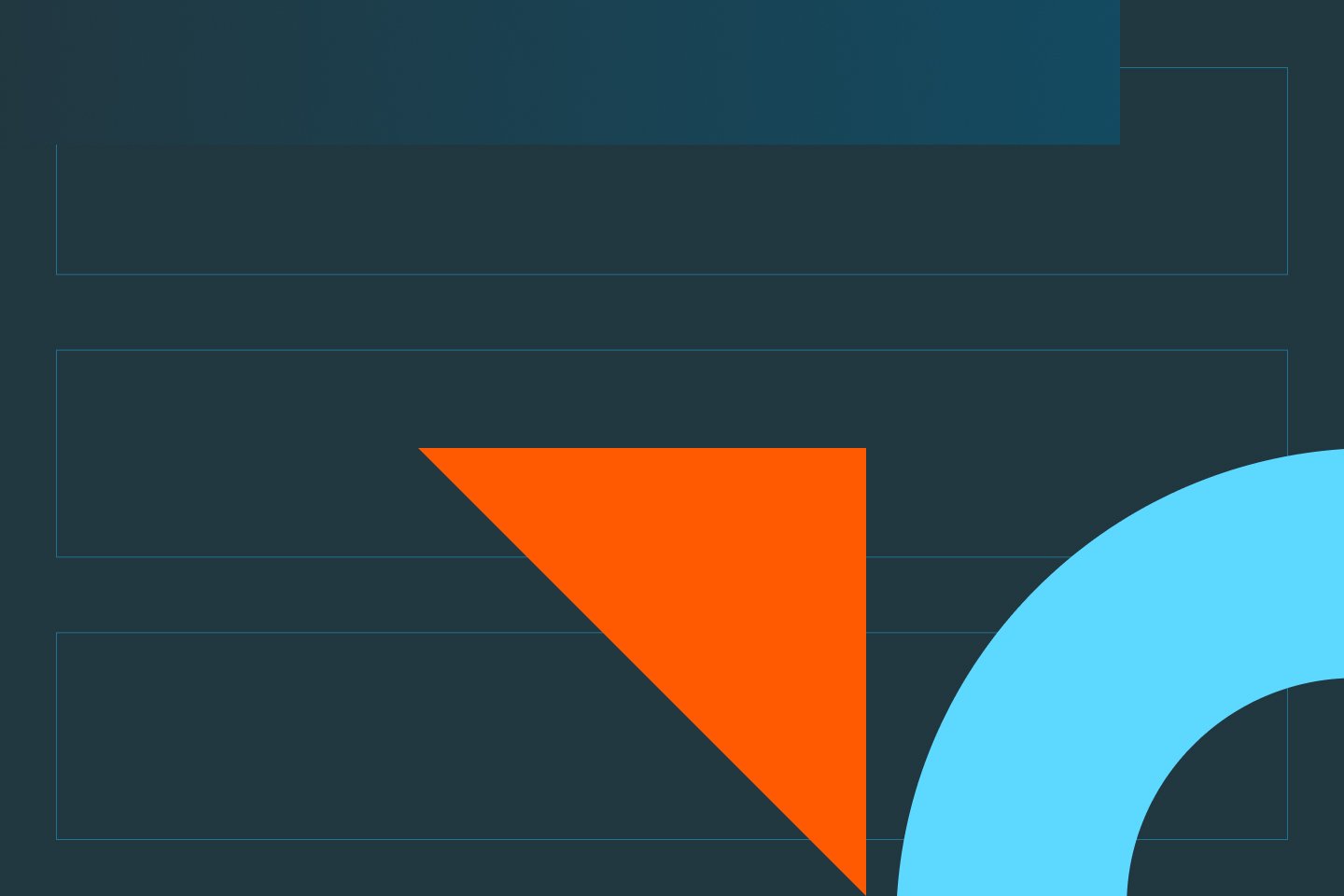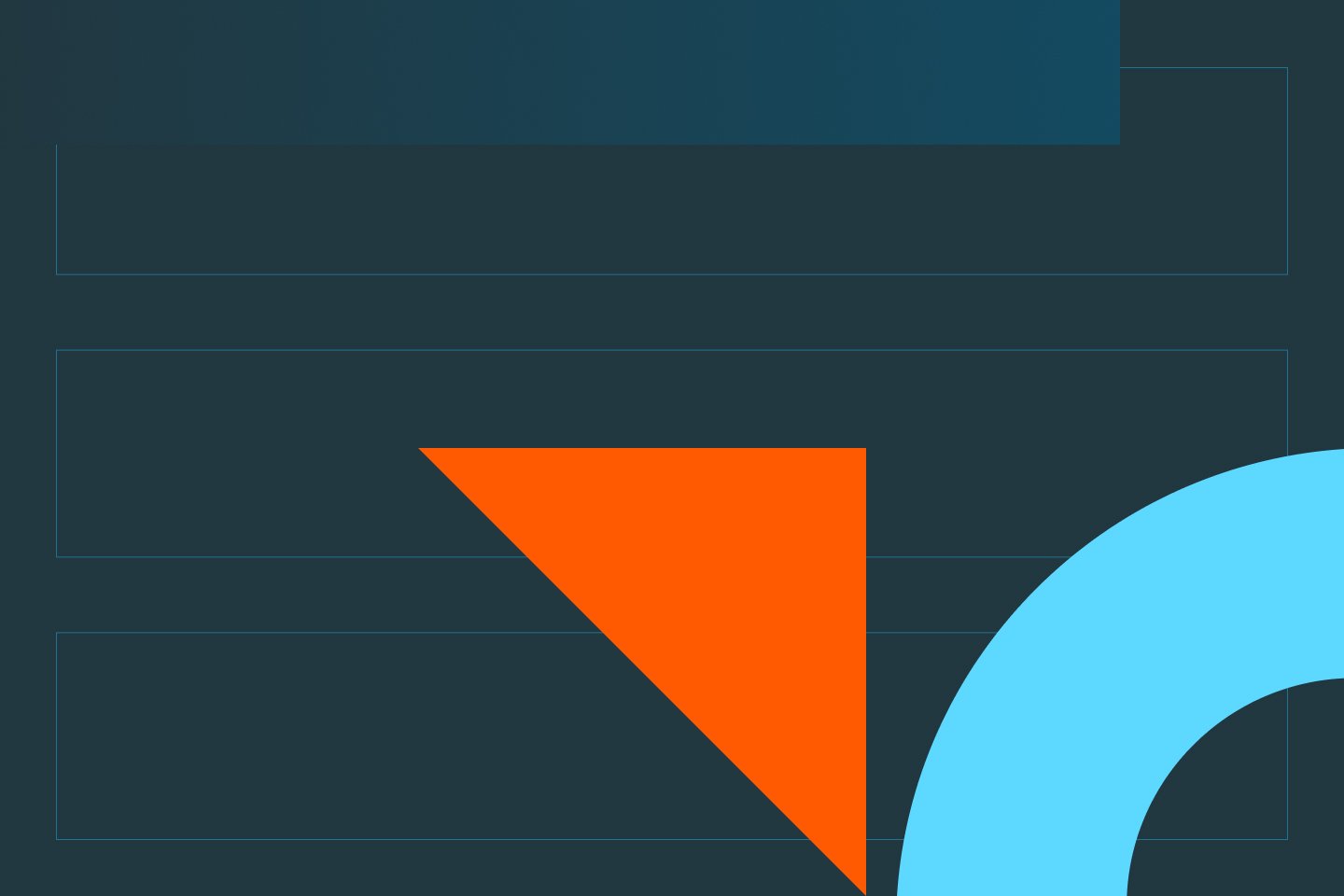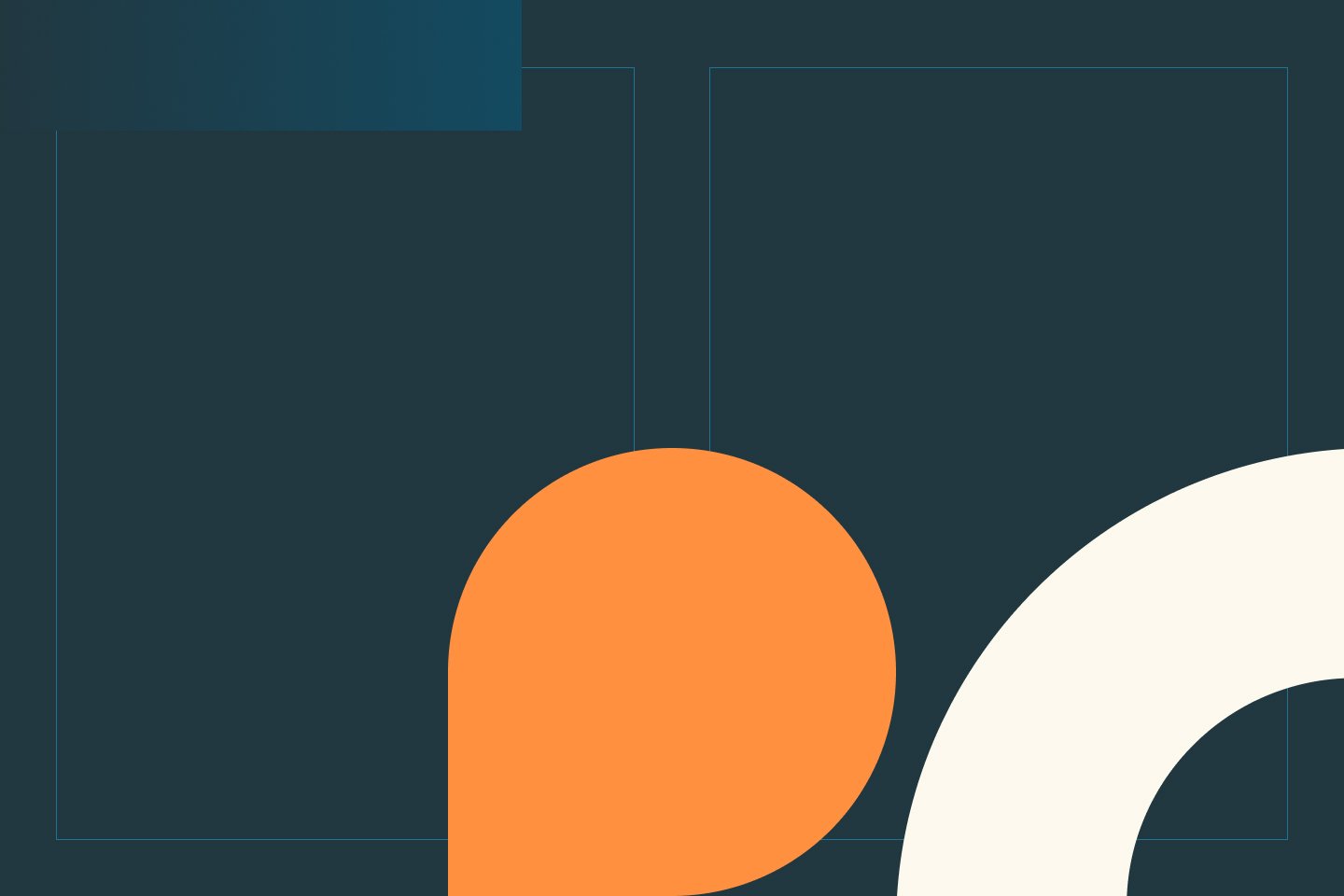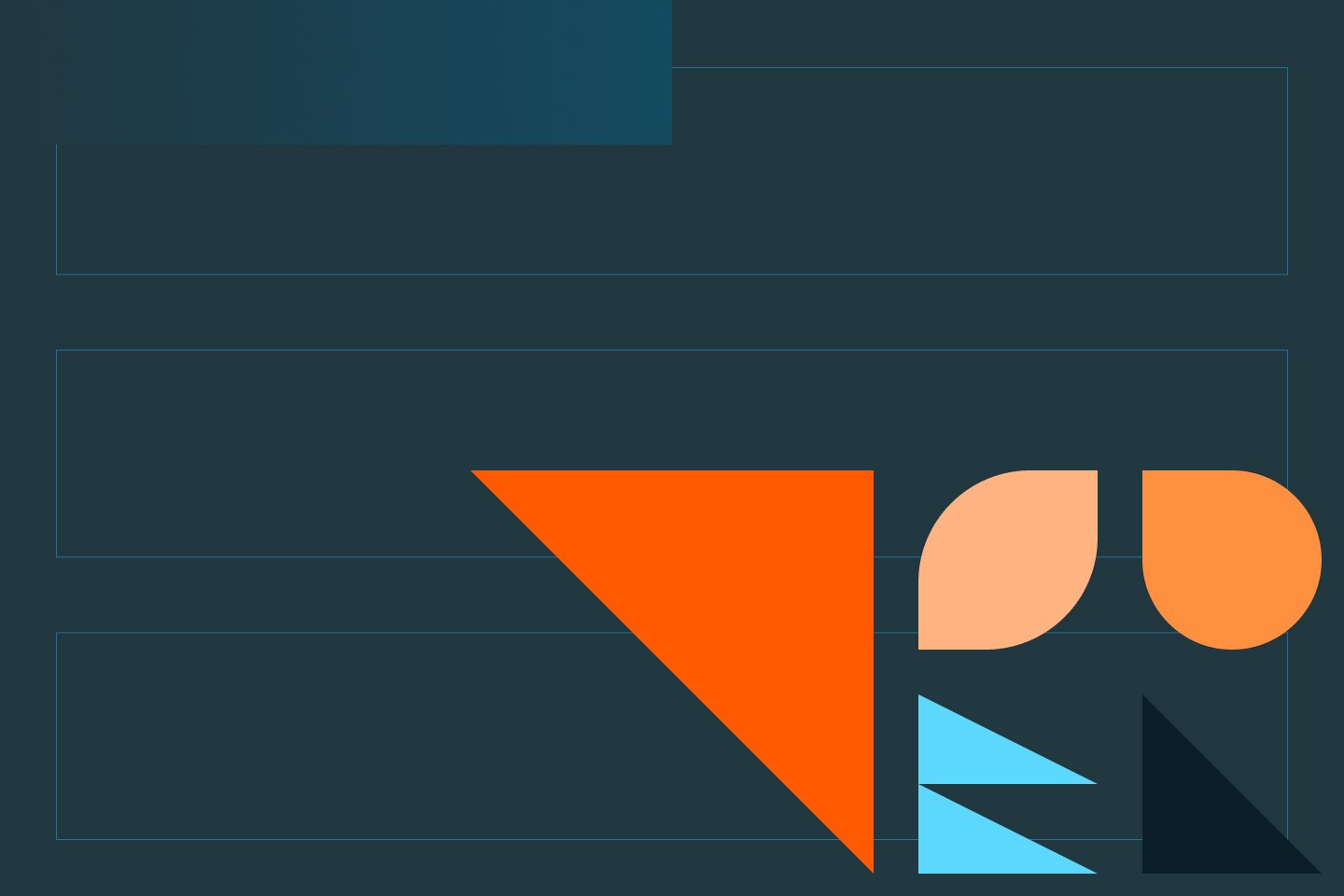Transitioning to a career in Software Development is a lucrative idea to many people. Programming jobs often allow flexibility in their positions such as offering remote work, are highly sought after by companies from any field or sector, and of course, their paychecks are a nice chunk of change. One of the most common modern-day methods of learning programming is via a bootcamp. Their fast paced, full-throttle curriculum and flashy guarantees of “Get a Dev Career in Just Three Months!” make for a very alluring opportunity. After all, most people who are looking to transition into a new career already have a packed schedule, like family obligations and their current job, or a desire to quickly find employment.
However, bootcamps are still an investment and come at a cost. Many bootcamps supplement their short amount of time with a hefty price tag, and it can be hard to justify the expense. Even with their accelerated pace of study, bootcamps still take a time commitment that can disrupt your schedule and demand hours of your attention. This may leave you wondering - “Is a bootcamp right for me?”
It’s important to recognize that there is no one clear path to Software Development-hood, and many successful devs started their careers solely through free resources and dedication. If you’re beginning to look into bootcamps, however, you may be in the same shoes I found myself in when researching bootcamps as well: feeling like you have stagnated on learning independently and from free resources, and looking for the next steps to take. Let’s take a look at some of the benefits a bootcamp can offer that can translate directly into landing a development career.
Technical Skills
One of the biggest reasons people sign up for a bootcamp is to learn how to code. Whether you’re starting from scratch or feel like you need a deeper dive into learning and understanding a language, there are bootcamps suitable for all levels of expertise. Want to begin programming in Python? Bootcamps can offer a comprehensive overview with no background knowledge required in a short amount of time. Feel comfortable in vanilla JavaScript and want to dip into ReactJS and Node.js? There are bootcamps for that, too! With a bootcamp, you can be confident that you will leave a program knowing significantly more about a language and have the technical skills to back it up.
Most bootcamps also allow access to small-sized classrooms and tutors, meaning that you can get personal 1-on-1 attention when you have difficulty with a concept or want a trained pair of eyes looking over your code. The feedback you can get from a seasoned developer is invaluable, and not readily available if you are only studying from independent, free programs. Discussing your code with someone else not only helps you understand your code better, but also helps you learn how to verbalize and communicate your code - a skill that is required if you will be working within a team of developers. A bootcamp is not the only way for a learner to participate in peer reviews, but it provides one of the best opportunities for engagement.
You might be wondering, what type of language should I focus on learning? The answer is a bit vague: any, as long as you have a good understanding of the fundamentals. If you can choose one language and focus on learning its ins and outs, you can take the knowledge from one language and apply it to another. That’s the really cool thing about programming - even though each language has their own nuances and quirks, once you know one language, you can pick up a second language much faster. You might even find that learning a second language helps you understand your first language better!
If you’d like a more concrete answer, JavaScript was the language I learned first, and I learned JS through free, online resources. Once I felt like I hit a road block and couldn’t continue on my own, I enrolled in a bootcamp that taught ReactJS, a modern day frontend framework that is much more akin to what you would use in a professional setting versus using vanilla JavaScript. When I got hired (here, at Clevyr), my first project used Laravel (a PHP backend framework) and Vue.js (another JavaScript frontend framework) - nothing I had worked with before! But, having a solid foundation in JavaScript made understanding PHP easier than expected, and the concepts I learned with React were able to transfer over to Vue.
The most important thing is to learn - and a bootcamp is great for that.
Fast Pace, Fast Results
The other major reason most people want to learn from a bootcamp is the speed. With a traditional college Computer Science degree, you’re looking at four years for a bachelor’s degree and a minimum of two years for an associate’s. If you’re looking for a relatively quick way to change your career, you already have a degree, or college isn’t the right fit for you, a bootcamp makes for a great option. You can acquire all of the above technical skills in a fraction of the time it would take in college - most bootcamps only last a few months, with the shortest lasting even only a few weeks, and the longest taking a maximum of a year. The speedy nature of bootcamps cuts out the fluff and helps you focus on getting results in your programming skills.
With great speed comes great responsibility. A bootcamp is only as powerful as you are able to keep up with it. You may find yourself just beginning to understand a new concept when a new one is immediately presented - and it won’t stop. For the duration of the bootcamp, you will need to be able to keep pace with the deluge of incoming information. This is great practice for time management and working under deadlines, but if you are someone who needs more time to process and digest a topic, you may want to look into slower-paced options or find a bootcamp that takes a longer time to complete.
If you can accept the terms and conditions for learning at a high-octane, accelerated pace, then a bootcamp is fantastic for learning in a short period of time, and is a solution for many that slots into their pre-existing lifestyles. Many bootcampers can continue to work their current jobs or sustain their normal day-to-day activities. And thanks to the prominent nature of online courses, bootcamps are an accessible option for anyone regardless of location.
Resume Booster
It’s the modern day conundrum: entry-level positions want X amount of experience, but you have no experience because you can’t get entry-level positions! A bootcamp can help; they give you the credibility for your resume that you have taken the time and effort to learn and complete a program. Not only does a bootcamp fill out your Education section, but the time throughout your bootcamp that you were actively coding and working? That’s experience!
Some bootcamps focus solely on teaching a specific language, but if you’re looking into a bootcamp specifically to get into a developer career, look for one that has you building a large-scale project during its curriculum. This is ideally a project that you are developing on your own, and one where you are the main architect behind its structure - not just a tutorial that you code along.
Being able to have a project that you designed and implemented is crucial for expanding your resume, and is essential when interviewing without “professional” experience. This project is the way you can show potential employers that you have the skills necessary to do the job. Can you explain the decisions for setting up your app in a certain way? Do you know what this part of your code is doing in your app? Did you write any tests to cover your application?
If these questions raise an uncomfortable level of anxiety within you, a bootcamp can help you feel prepared. They can help you build an interview-worthy app that you feel confident in, and one that you feel proud to show off professionally. They can provide you with the structure and feedback necessary to develop an app that can fit the standards of an interview. The best bootcamps won’t stop here - one interview-worthy project is great; two is even better. As a general rule of thumb, the more you program, and the more apps you build, the stronger your development skills will be, and the more confident you become (here’s looking at you, Imposter Syndrome!).
Community
When you learn on your own, it can feel like you are on an island surrounded by ominous, endless waves, and you can feel trapped in your own personal bubble. A bootcamp provides access to a community of learners just like you, often at the same level and going through the same challenges and experiences - you aren’t alone in your journey! Learning with a group of peers helps to solidify your current understanding of a topic; your peers are at the same level of experience as you, and can help explain a concept in the same way it helped them. And one of the best ways to solidify your own understanding is to teach it - helping and explaining a paradigm to your colleague reinforces your own knowledge.
The relationships you build with your peers and your bootcamp staff also help to expand your developer network. Getting a foot in the door for a job is a daunting task; sending resume after resume out to companies and hoping to hear back can be arduous and soul-crushing. Expanding your network is perhaps the single best way to improve your chances at landing a job. A company has a much easier time recruiting a new employee if they recognize your name or have someone that works there that can vouch for you. A bootcamp gives you access to real members of the field that see your work and know how you function in a development environment. A great bootcamp will also give you the push to go out into your local community and get involved with other local techies - another great way to expand your network in your area.
Now, a community is a real, living organization filled with real, living people. You can’t join a bootcamp and add everyone on LinkedIn and expect a job to fall into your lap. Push yourself to make genuine connections, without the expectation that the people you meet can get you a job. Reach out to your fellow members and make conversation, and keep in touch from time to time. The unfortunate reality of today is that finding a job takes time - but building your connections and continuing to be active in your community shows that you are a familiar face, and you’re someone willing to put in the effort to show up and engage with others. A bootcamp is a great starting point for people wanting to get involved in their community, but are anxious or hesitant about taking that first step.
So, Is a Bootcamp Right for Me?
If the benefits a bootcamp can offer have piqued your interest, I encourage you to take the time to research a bootcamp that fits your specific needs and situation. Look into the time a program takes, the credibility and reviews a program has, the curriculum the course will cover. Not only does this cultivate research and critical thinking skills - two vital components for development - but fully comprehending what a bootcamp can offer allows you to enroll in a program that is the right fit for you, and you can understand the investment that you will be undertaking. After all, bootcamps are notoriously expensive; you deserve to know what your money will get you.
My experience with a bootcamp was a positive one, but not everyone has the same outcome. If you want to hear from a variety of situations, I encourage you to watch this meetup hosted by SheCodesOKC, where my fellow panelists and I discussed our time in our bootcamps and where we are now. You’ll hear from panelists who enrolled in bootcamps remotely and in person; who completed their bootcamps, who did not finish, and who are still enrolled; and who found their bootcamps useful versus who found their bootcamps a waste of time.
No matter where your learning path takes you, I wish you the best of luck in your software development journey. We all had to start from the very beginning - and a bootcamp could be the way you continue.



